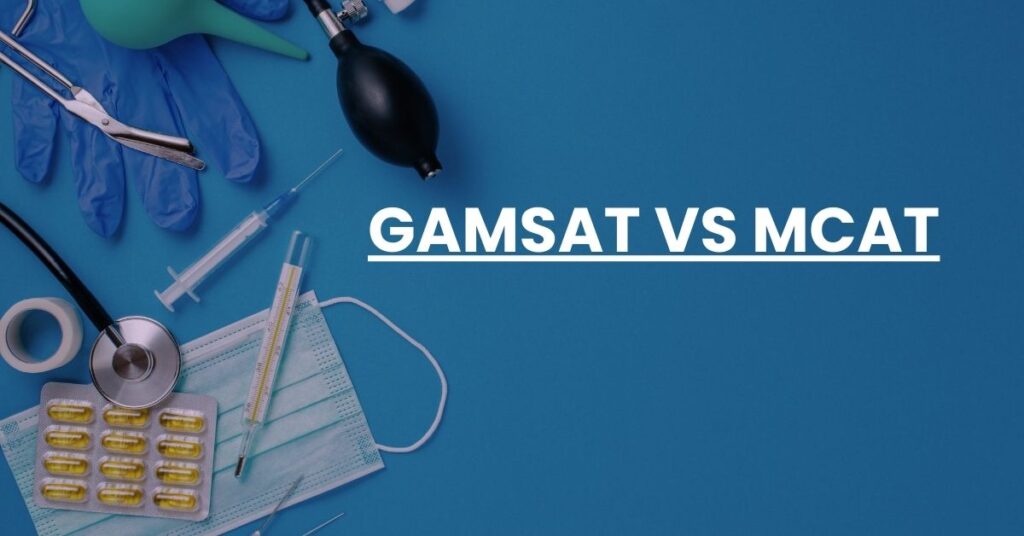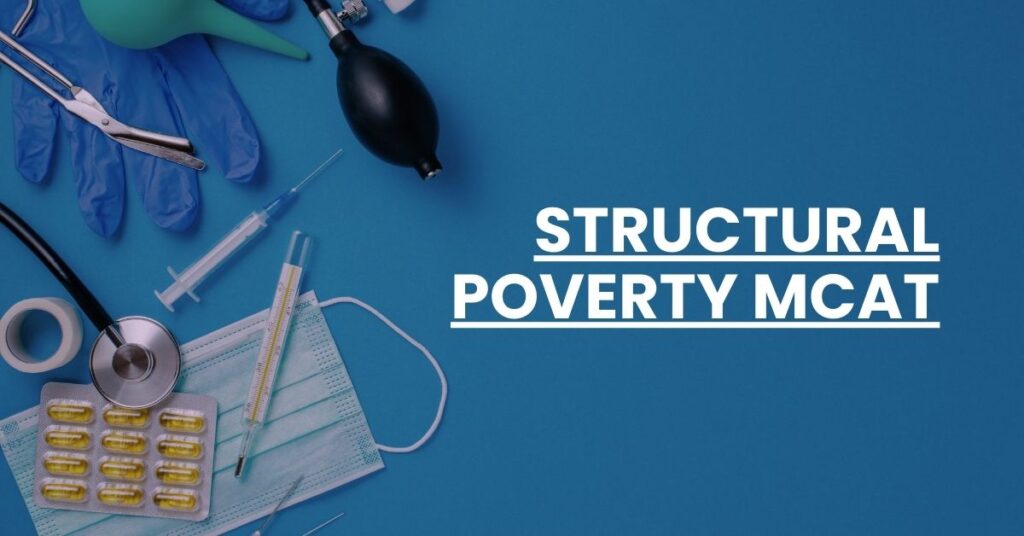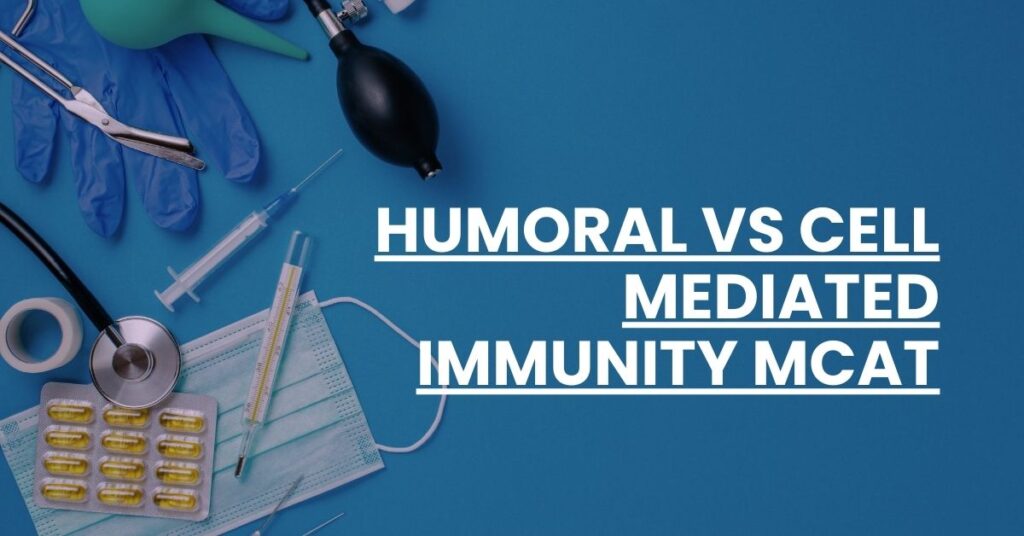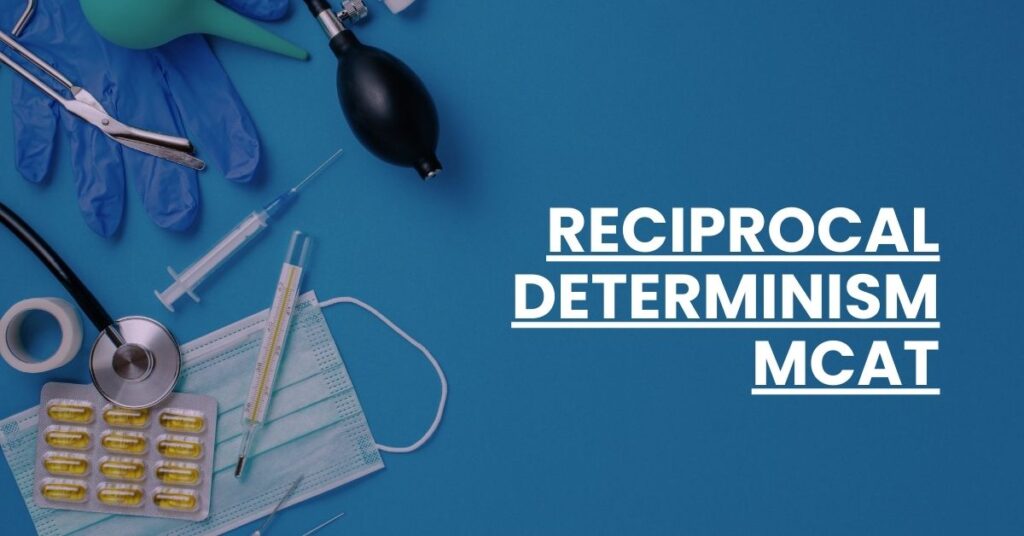UCAT vs MCAT
Deciding between the UCAT and MCAT for medical school entrance exams? The UCAT is widely used in the UK, Australia, and New Zealand, focusing on aptitude and attitudes. The MCAT, prevalent in the US and Canada, assesses scientific knowledge and critical thinking. Your choice hinges on your destination: aim for the UCAT if you’re considering […]









